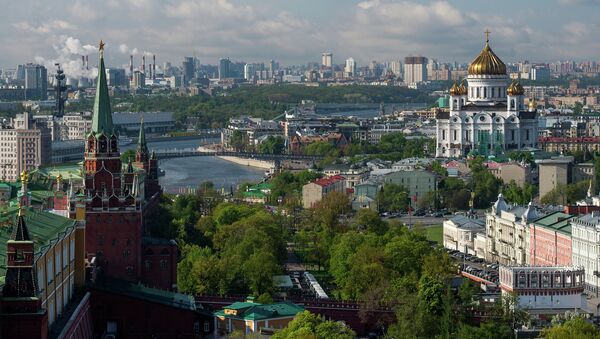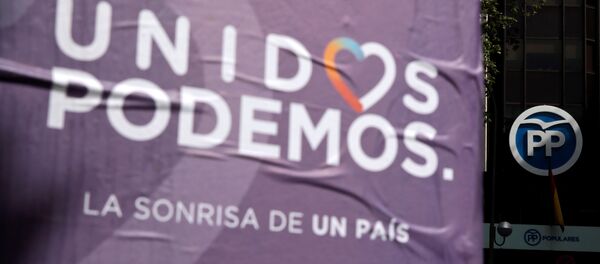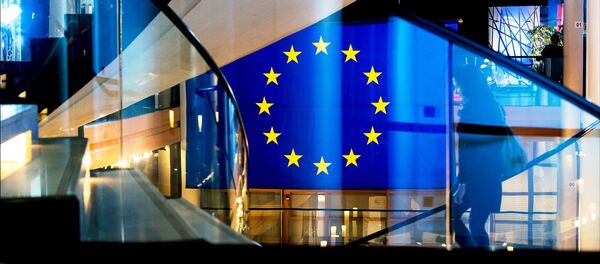The lack of progress on the Minsk agreements and NATO’s hostile stance towards Moscow predetermined the decision of the EU Council.
"The West has complained about the buildup of Russian troops at the Western border and claimed that Russia may pose a threat for such NATO members as Poland and the Baltics," the author wrote.
"However, the fact is that the reality is not that Manichaean as the West tries to present it. Russia is not always the villain, and the West is not always the good guy," Lorot pointed out.
As for the Ukrainian conflict, it is obvious that Kiev is to blame for the failure of the Minsk agreements, the article read.
Kiev is painting itself as an "eternal victim of the Russian bear" to receive economic and financial aid from Western allies.
Moreover, Washington is using NATO rhetoric on the "Russian threat" to pressure European nations, especially in Eastern Europe, the article read. Those countries believe in the US, rather than in the European Union, despite their admission to the bloc.
"However, serious experts don’t believe that Russia would launch a military operation in the Baltics or Poland. For what goal and what profits?" Lorot wrote.
In turn, Russia has reasonable ground to be concerned over the NATO expansion along its borders. The economist noted that ahead of the collapse of the Soviet Union there was an agreement that NATO would not enlarge to the East, especially to the Russian borders.
"The agreement was clear, but it was violated. Moscow has the right to consider the NATO expansion as betrayal, and it is right," the article read. The deployment of the US missile shield in Europe would only deepen the tensions.
"In this context, it is obvious that the extension of sanctions will not contribute to reconciliation," he noted.
Lorot suggested that Moscow would never return Crimea to Ukraine and sanctions are unable to weaken the Russian economy.
"Some sectors of the Russian economy have been damaged, but the politics of imports substitution will decrease Russia’s reliance on European products. Furthermore, taking into account the Chinese offensive economic policy, Moscow is turning to the East. However, in the long-term perspective, this will be good neither for Russia nor for Europe," he concluded.



